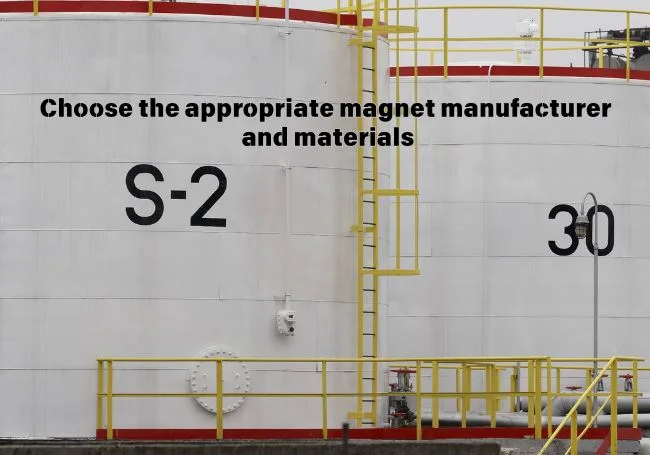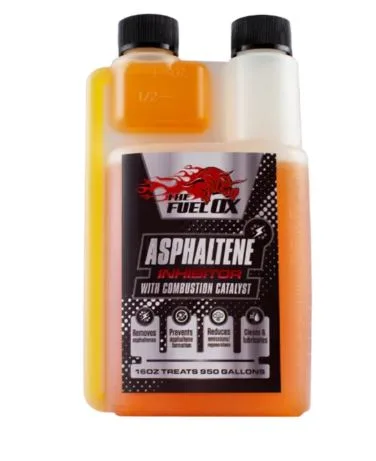Choose the right magnet manufacturer and material
Magnets are important in different sectors like consumer electronics, industrial machinery, renewable energy systems, and medical devices, and their performance directly affects the efficiency, cost, and service life of products. However, picking the best magnet material and a trustworthy manufacturer is very important. This paper goes into detail to get insight into the magnet materials selection criteria and how to find a good manufacturer.
Selection of magnet materials
The selection of magnet materials needs to consider performance requirements, environmental conditions and budget constraints. The following is an analysis of the characteristics of two mainstream magnet materials:
Neodymium magnet: high performance for compact designs
Neodymium magnets are known for their excellent magnetic properties and are currently the strongest permanent magnet material, with a maximum magnetic energy product (BHmax) ranging from 10 to 53 MGOe.
Ferrites: Economical, Durable, and Adaptable
Although ferrite magnets magnetic strength is lower than NdFeB’s, they have excellent high-temperature and corrosion resistance. They suit cost-sensitive or environmentally demanding applications, such as outdoor equipment or high-temperature industrial environments.
Other Material Options
Samarium cobalt (SmCo) or aluminium nickel cobalt (AlNiCo) magnets may be more suitable for specific needs. SmCo magnets perform well in extremely high temperatures or highly corrosive environments, while AlNiCo is suitable for traditional applications that require specific magnetic properties. However, NdFeB and ferrites dominate in most industries due to their versatility and wide availability.
How to Choose a Magnet Manufacturer
Choosing the right magnet manufacturer ensures magnet quality and project success. Here are some key points to focus on:
The difference between manufacturers and trading companies
Direct manufacturers: Working with manufacturers with their own production facilities is very beneficial. They can give you competitive prices, efficient communication, and technical support of a deep nature. Since production is done directly, manufacturers definitely can control product quality and traceability as well as customization capabilities being stronger. Besides, they are usually able to provide not only technical documentation and test data but also the development of a product which they guarantee to be in line with the expectations.
Trading companies: The role of the trading company is that of an intermediary. They are the ones who buy from a variety of manufacturers in multiple numbers and then pool the products together, thus potentially giving a wider range of products to choose from. However, they usually lack in-depth technical expertise, have less control over quality control and delivery time, and may charge higher prices due to markups.
How to identify: Ask suppliers to provide factory tours (on-site or online), ISO 9001 certification, or detailed production process documentation to confirm whether they are direct manufacturers. Real manufacturers are usually willing to demonstrate their production capabilities and technical strengths.
Quality Control and Customization Capabilities
Quality Control: High-quality manufacturers implement strict quality management at every stage, from raw material procurement to final product testing. When selecting suppliers, consider whether they have ISO 9001, RoHS compliance, or industry-specific certifications. Ask about their testing processes, such as magnetic performance testing, dimensional accuracy inspection, and environmental durability testing to ensure product stability.
Customization Capabilities: Many applications require magnets with specific shapes, sizes, or magnetic properties. Manufacturers with in-house design and processing capabilities can produce custom magnets with complex geometries or multi-pole configurations. It is recommended that they ask whether they can support low-volume prototyping or high-volume production to meet different project needs.
Consistency and reliability: Advanced manufacturing technologies, such as automated pressing or sintering processes, can significantly improve product consistency. Ask suppliers to provide batch test data or customer case studies to evaluate their reliability in long-term supply.
Industry applications
Magnets play a key role in multiple industries, and the demand for magnets in different fields has different focuses:
Automotive industry: Magnets are the most important components in electric vehicle engines. They are also used in sensors and actuators. Motors that use NdFeB magnets are usually high-efficiency ones, while window motors, which are low-cost parts, can use ferrite magnets.
Renewable energy: Wind turbines and hydroelectric generators depend on NdFeB magnets for efficient energy conversion, though ferrite magnets are utilized in systems with less power needs.
Medical devices: Magnetic resonance imaging (MRI) equipment uses NdFeB magnets to generate strong magnetic fields, while ferrite magnets are common in small medical devices such as magnetic therapy.
Consumer electronics: Speakers, vibration motors and sensors in smartphones, laptops and audio devices often use NdFeB magnets to balance compact design and high performance.
Industrial automation: Magnetic separators, conveyor systems, and robotic equipment often use NdFeB and ferrite magnets for efficient material handling and precise movement.
Aerospace and defence: Magnets are essential in navigation systems, radar and satellite technology, and their reliability under extreme conditions is particularly critical.
Recommended Suppliers
When selecting a supplier, a comprehensive evaluation should be conducted based on production volume and customization requirements. Here are some of the leading global suppliers worth paying attention to:
Arnold Magnetic Technologies: Known for producing high-quality NdFeB and ferrite magnets with strong customization capabilities.
Dexter Magnetic Technologies: focuses on providing a variety of magnet products for the aerospace and medical industries and provides comprehensive engineering support.
TOPMAG: Focuses on custom magnet solutions, pays attention to quality control and rapid prototyping, and is suitable for customers who need flexible production capabilities.
Conclusion
When finding the right magnet material and manufacturer, looking into several factors, such as performance, cost, and application scenarios, is necessary. NdFeB and ferrite magnets are the most popular choices in the market because of their great performance and suitability for many different tasks. At the same time, working with direct manufacturers can help you ensure product quality and that your customized needs will be met. A careful assessment of a supplier’s quality control, customization capabilities, and experience in the industry will enable you to find the most appropriate magnet solution for your project.







